You Should Read These 5 Poets
The top 5 poets and poetesses who are a must-read

1.AMY KING
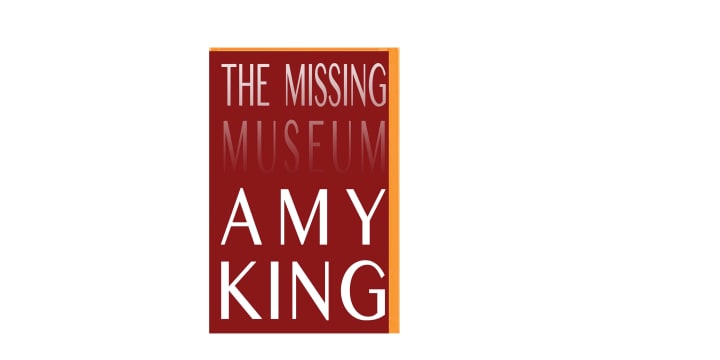
Amy King's stunning poetry illustrates her unwavering commitment to her job at VIDA: Women in the Literary Arts: ethical aesthetics, community advocacy, and intersection King's gift, which has drawn praise from John Ashbery and others, appears to be about allowing the lyric take hold of modern life's chaotic vitality as it fits into place:
This is what it sounds like outside,
fat geese and guinea hens holding hands.
I am 31, which is very young for my age.
That is enough to realize I’m a pencil that has learned
how to draw the Internet. I explain squiggles
diagramming exactly how I feel and you are drawn to read
in ways you cannot yet. Slow goes the drag
of creation, how what’s within comes to be without,
which is the rhythmic erection of essence.
2.BHANU KAPIL
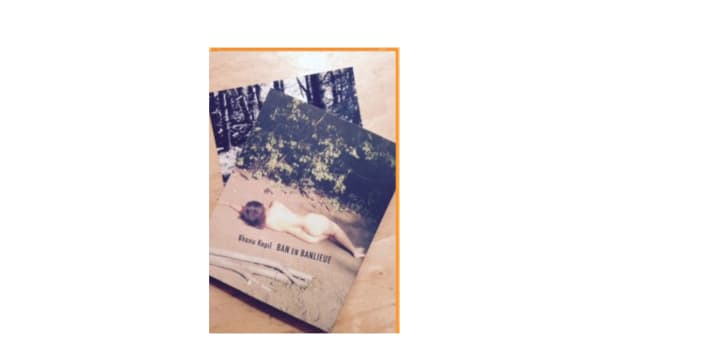
I recently walked into a classroom where the incredible Evie Shockley had just finished teaching Bhanu Kapil's most recent and, in my opinion, one of the most challenging collections of contemporary poetry published in the twenty-first century to a class of undergraduates. I was astounded by the intention to introduce beginning poets to the discipline of this work. Essential reading, Ban en Banlieue, straddles the line between what is present and what is absent on a printed page. Kapil is the kind of writer who doesn't only write the books of poems she wants to write; she also writes their exoskeletons. That is, novels that follow her extreme journey of abandonment, revision, and self-realization as she moves through fragmentation, self-erasure, and the unsayable. If you're looking for a poet who will bravely explore self, displacement, decolonization, geographic and cultural memory, go no further. Her blog, Twitter, and teaching are all huge assets.
3.BRIAN BLANCHFIELD
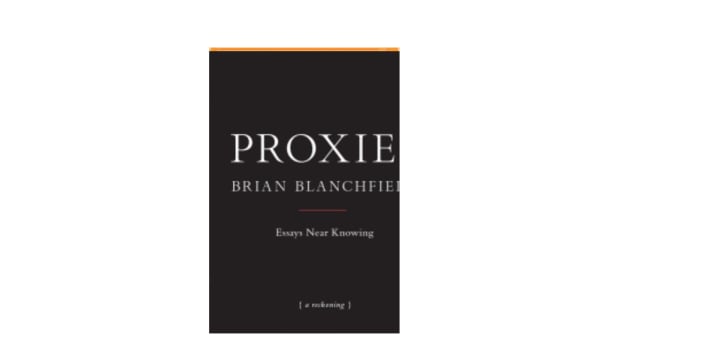
Brian Blanchfield, like Bhanu Kapil, is another terrifyingly superb contemporary poet published by Nightboat, one of our most dependable and great small presses. Blanchfield, a gay poet and fellow Hart Crane aficionado, reminds me a lot of my older, more gifted brother. A Several World, his second collection of poems, was hailed for its sheer encyclopedic magnificence of subject matter. He becomes the remarkable historian of his own frangible, deteriorating memory in his new book, Proxies, which is half memoir and part criticism (think Maggie Nelson). The book is written totally as he recalls it (where it = friendships, sex, reading, homophobic encounters, tumbleweed), with a superb corrective at the end to address the evident disparities between facts and experience as he (we) viewed them vs. their objective actuality. This is a fantastic book.
4.CACONRAD
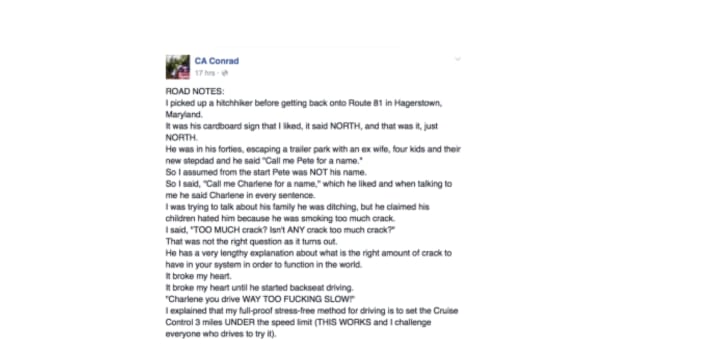
CAConrad's presence on social media, as well as his presence on stage, seems to me to be more in keeping with the mystical wavelengths of imagination and reinvention that his poems play. Reading, hearing, and following Conrad is to be continually emboldened by a spirit of anger and kindness, openly queer, strongly political, eccentric, and original. In the last several years, contemporary poetry has demonstrated a number of things to me, the most important of which is that it insists on the disintegration of formal divisions such as page/person, aesthetics/ethics, and performance/lyric, which is long overdue but joyfully started. And in the midst of that much-needed breakdown, CA takes the lead. Still, few people constantly champion their fellow poets across this country (and abroad) with the same zeal as he does. Here's a link to the trailer for a feature documentary on him and his work.
5.CATHY PARK HONG
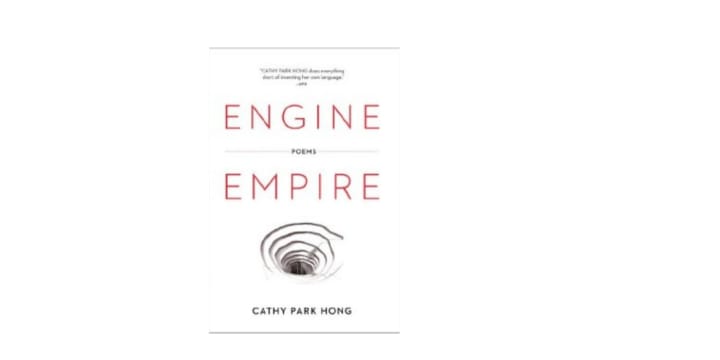
Poets, particularly in the last two years, have shown me how important it is for us as a culture to address our historical legacies, to bridge the structural and personal through not only theory and memory, but also critique and innovation. Cathy Park Hong's poems and essays have had a significant impact on communities of poets looking for a platform for their work. "Delusions of Whiteness in the Avant-Garde," a game-changing piece of writing published by the great periodical Lana Turner, was read by countless. It sent a message to poets of color and white poets alike that the dialogues we're having about race, while often abstract, have personal and urgent ramifications for whose work is categorized as "experimentalism" and whose as "identity politics." Her new prose compositions have deconstructed the predetermined narratives inherent in the English language, just as her poems demolish the English language's global ubiquity.
About the Creator
chamila herath
Public relations and communications expert with a strategic mindset who has worked in corporate communications, producing and pitching news releases, editorials, strategic planning, and public opinion management.
Enjoyed the story? Support the Creator.
Subscribe for free to receive all their stories in your feed. You could also pledge your support or give them a one-off tip, letting them know you appreciate their work.






Comments
There are no comments for this story
Be the first to respond and start the conversation.